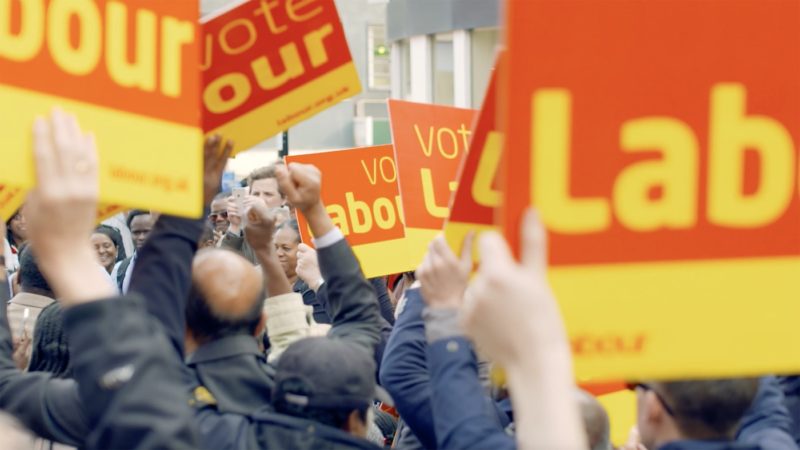
Members of Labour’s organisational sub-committee have clashed over proposals to withdraw access to membership lists from longlisted parliamentary candidates who use them in selection campaigns, LabourList can reveal.
A row broke out today when Angela Rayner criticised the removal of access and argued that it should be changed back. But the Labour deputy leader’s proposal to reverse the reform was voted down by 16 votes to 11.
Anneliese Dodds, the Labour Party chair who is also on the NEC, wanted the matter referred to the next meeting of Labour’s ruling body. But chair Wendy Nichols did not take the idea to a vote as the NEC had already considered Rayner’s bid.
According to a Labour source, the NEC ‘Org Sub’ chair told Dodds: “you can shake your head all you like – I’m not remitting”, which the source said showed “the leadership’s disdain for even the soft left of the party”.
One NEC member described the situation to LabourList as “unbelievable”, saying the leadership “won’t even let the party chair put a proposal”. Another member defended the decision made by the meeting chair, saying “something can’t be remitted if it’s already been voted on”.
Advocates of more access to membership lists believe it helps to level the playing field among applicants. But those supporting the change say data being sent to lots of longlisted applicants has security implications.
Selection rules that went to the last meeting of the Labour national executive committee (NEC) specify that shortlisted MP candidates are “entitled to an electronic membership list of the constituency in question”.
“Any Labour Party data is supplied solely for the purposes of the candidate’s selection campaign and is not transferable to any other campaign or person or for any other use whatsoever,” the new code of conduct reads.
But the same access will no longer be given to those applicants who are longlisted for MP candidacy, despite the longlisting now being done by Labour’s NEC and regional board members instead of local parties.
Guidance issued by Labour for selecting parliamentary candidates ahead of the next general election takes the longlisting power away from local members in favour of putting the leadership in the driving seat.
A supporter of the change to membership list access told LabourList that the new process would be put to the test with 14 early parliamentary candidate selections that have been permitted to take place from now.
The 14 constituencies have been given the green light to start selections now, but in most cases they have local elections in May. York Outer and Gedling do not have elections and can begin selecting immediately.
Labour intends to complete trigger ballots for sitting MPs by June. A number of marginal attack seats can also hold their selection contests during the same period. Other local parties will do so between June and March 2023.




More from LabourList
‘The hope that kills you’: Reflections from the final day in Gorton and Denton
MPs, union leaders and organisations react to ‘bruising’ Gorton and Denton result
A gory night for Labour